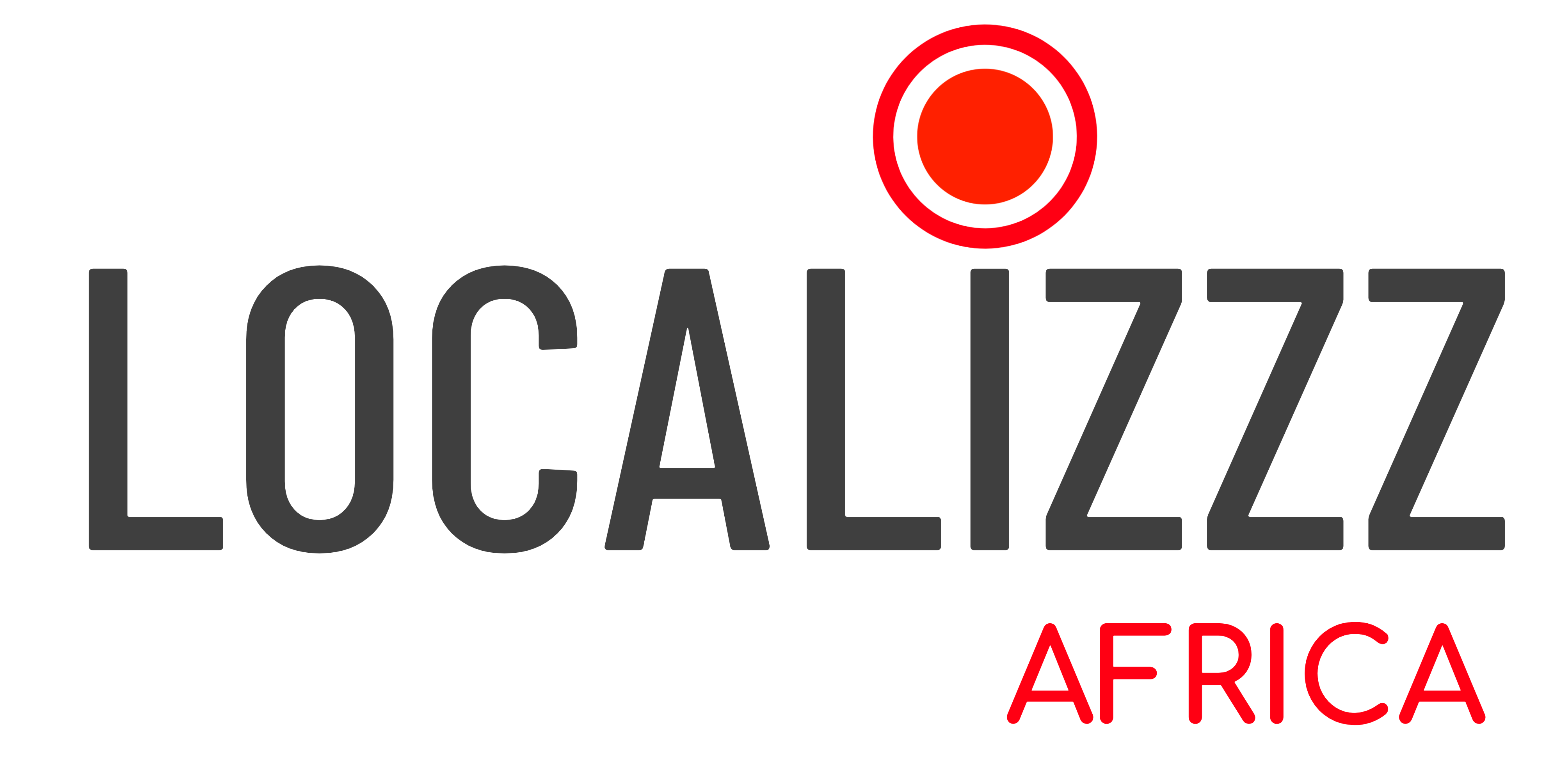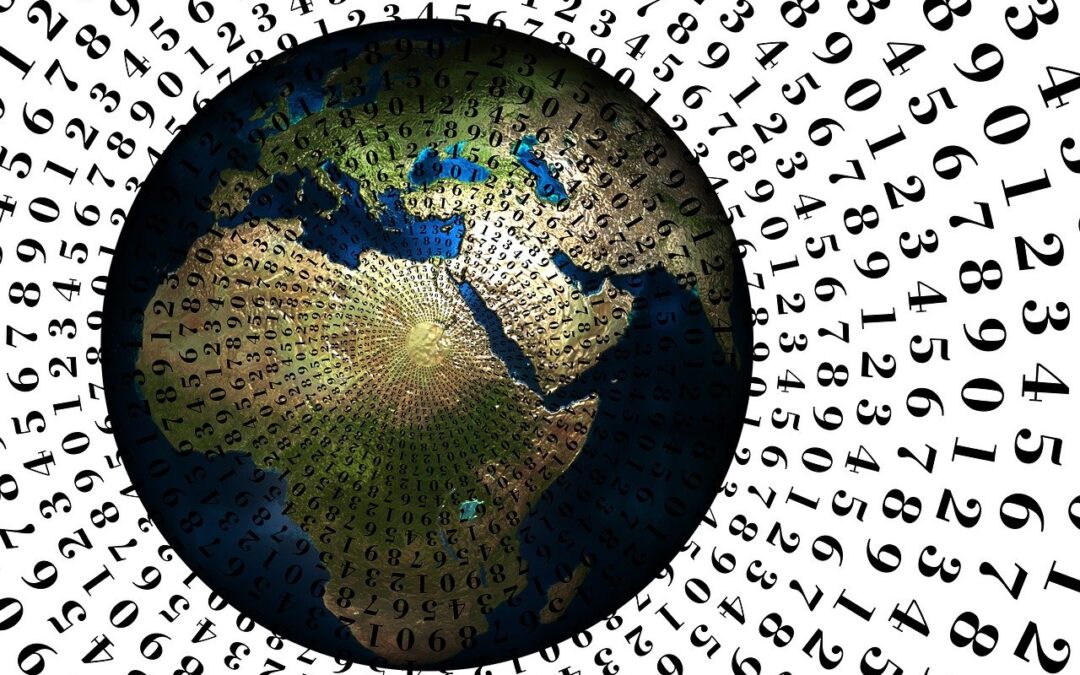In the fast-evolving world of globalization, the translation and localization industry faces a transformative opportunity: the untapped potential of African languages. With over 3000 distinct languages, the African continent represents a substantial yet underutilized resource in the linguistic services sector. Despite the global market’s impressive valuation – over 38 billion US dollars as of 2015 – African languages have barely scratched the surface, accounting for less than one percent of the total market share. This gap not only highlights a significant market opportunity but also underscores the need for a strategic shift in the industry.

The digitization of African languages is a multifaceted venture that goes beyond mere technological innovation. It involves creating comprehensive digital databases, utilizing text-to-speech systems, language recognition software, and developing accurate translation algorithms. Collaborative efforts with local linguists and communities are essential to ensure the authenticity and cultural relevance of these digital tools. This process plays a crucial role in preserving the linguistic and cultural diversity of Africa, making unique cultural expressions accessible on a global scale.
Economically, the digitization of African languages opens up new avenues for market expansion. By enabling businesses to connect with broader African audiences through tailored products and services, digitization helps integrate African markets into the global economy, fostering both local and global economic growth. This is particularly relevant in sectors like e-commerce, entertainment, and digital marketing, where language and cultural nuances play a key role in consumer engagement.
In the field of education, digitization offers equitable access to learning materials in native languages, which is vital for improving educational outcomes, especially in underrepresented and remote communities. It also addresses the digital divide by providing access to information and resources that were previously unavailable in local languages.
Moreover, the inclusion of African languages in digital platforms empowers local content creators, promoting a more varied global media landscape. This not only enriches the global content ecosystem but also provides a platform for diverse voices and narratives, encouraging creativity and innovation.
Another long-term benefit of digitization is its impact on data collection and analysis. With accurate and culturally relevant data, more effective strategies can be developed for policy-making and developmental initiatives. This is particularly crucial in areas such as public health, education, and infrastructure development.
Furthermore, digitization enhances global communication and social integration. In a world increasingly reliant on digital interaction, the inclusion of African languages ensures more inclusive participation in the global conversation. This is especially important in an era where digital platforms are becoming the primary means of communication, information sharing, and community building.
The strategic digitization of African languages is not just about adapting to technological advancements; it’s about embracing and leveraging linguistic diversity for global communication, economic development, and cultural exchange. This endeavor aligns with the broader goals of globalization, fostering a more inclusive and interconnected world.
In conclusion, the digitization of African languages stands at the intersection of cultural preservation, economic opportunity, and technological innovation. As the translation and localization industry integrates these languages into its fold, it not only opens up new markets but also contributes to a richer, more diverse global dialogue. This integration is pivotal in building a future where linguistic and cultural diversity is not only preserved but celebrated and utilized as a key asset in our interconnected world.


